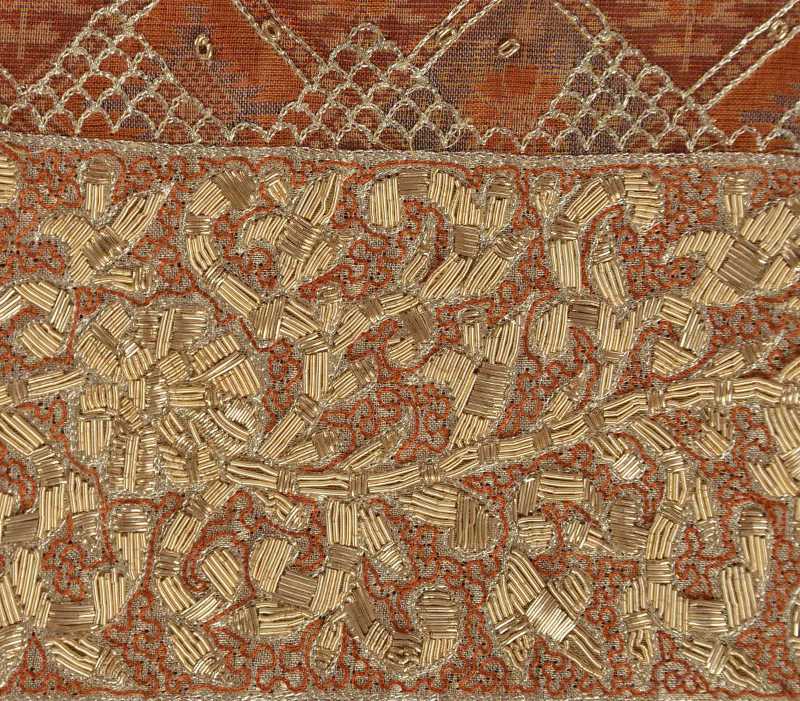===
0892,
3
===

=== |
 |
utarnā : 'To come down, descend, alight, land, disembark, dismount; ... to be taken down, lowered, reduced, disgraced, degraded, deposed, dethroned; to decrease, abate, subside, fall off, wane, fade, decay, decline; to become old and worn, become wan or pale or thin; to fall (in price, value, estimation or dignity); to go down or off, sink'. (Platts p.16)
FWP:
SETS
MOTIFS
NAMES
TERMS == DRAMATICNESS; NARRATIVITYHere SRF singles out for praise a quality of 'narrativity' [maḥākāt] that is clearly allied to 'dramaticness' (the English word), which he even more emphatically admires. For an explicit definition of 'narrativity', see {1646,3}. In his view, both of these qualities are specialties of Mir's; but here, he shows us that Mir doesn't always score a direct hit-- sometimes he finds not the perfect word, but a word generally in the ballpark, which isn't at all the same thing. SRF makes this argument elsewhere too of course, but here it comes through unusually well even in English. Even in translation the relative effectiveness of the three verses can be distinctly felt.
The narrative energy is also greatly helped by utar raheñ . There are so many senses of utarnā (see the partial definition above), and they so well cover the range of what happens to travelers who have been 'looted'.
Note for translation fans: It's just as hard to capture utar raheñ as it is to capture mar raheñ in {892,1}. The grammar is straightforward: 'having sunk down, to remain [thus]' -- in effect, utar kar raheñ with the kar colloquially omitted. The implied sense of dismay, helplessness, delayed shock, is readily generated by our own narrative imaginations. But how best to capture it in English? Not quite 'collapse', but something in that ballpark.